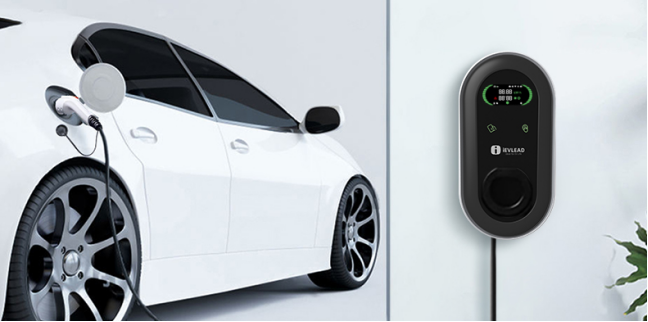With the continuous advancement of the new energy industry in technology and industrialization and the encouragement of policies, new energy vehicles have slowly become popular. However, factors such as imperfect charging facilities, irregularities, and inconsistent standards have restricted new energy. Development of the automobile industry. In this context, OCPP (Open Charge Point Protocol) came into being, whose purpose is to solve the interconnection between charging piles and charging management systems.
OCPP is a global open communication standard mainly used to solve various difficulties caused by communication between private charging networks. OCPP supports seamless communication management between charging stations and the central management systems of each supplier. The closed nature of private charging networks has caused unnecessary frustration for large numbers of electric vehicle owners and property managers over the past many years, prompting widespread calls across the industry for an open model.
The protocol's first version was OCPP 1.5. In 2017, OCPP was applied to more than 40,000 charging facilities in 49 countries, becoming the industry standard for charging facility network communications. Currently, OCA has continued to launch OCPP 1.6 and OCPP 2.0 standards after the 1.5 standard.
The following introduces the functions of 1.5, 1.6, and 2.0, respectively.
What is OCPP1.5? released in 2013
OCPP 1.5 communicates with the central system via the SOAP protocol over HTTP to operate the charging points; it supports the following features:
1. Local and remotely initiated transactions, including metering for billing
2. Measured values are independent of transactions
3. Authorize charging session
4. Caching authorization IDs and local authorization list management for faster and offline authorization.
5. Intermediary (non-transactional)
6. Status reporting, including periodic heartbeats
7. Book (direct)
8. Firmware management
9. Provide a charging point
10. Report diagnostic information
11. Set charging point availability (operational/inoperative)
12. Remote unlock connector
13. Remote reset
What is OCPP1.6 released in 2015
- All functions of OCPP1.5
- It supports JSON format data based on the Web Sockets protocol to reduce data traffic
(JSON, JavaScript Object Notation, is a lightweight data exchange format) and allows operation on networks that do not support charging point packet routing (such as the public Internet).
3. Smart charging: load balancing, central smart charging, and local smart charging.
4. Let the charging point resend its own information (based on the current charging point information), such as the last metering value or the charging point's status.
5. Extended configuration options for offline operation and authorization
What is OCPP2.0? released in 2017
- Device Management: Functionality for getting and setting configurations and monitoring
charging stations. This long-awaited feature will be particularly welcomed by charging station operators managing complex multi-vendor (DC fast) charging stations.
2. Improved transaction handling is particularly popular with charging station operators who manage a large number of charging stations and transactions.
Increased security.
3. Add secure firmware updates, logging and event notifications, and security profiles for authentication (key management of client certificates) and secure communications (TLS).
4. Adding smart charging capabilities: This applies to topologies with energy management systems (EMS), local controllers, and integrated smart charging, charging stations, and charging station management systems for electric vehicles.
5. Supports ISO 15118: Plug-and-play and smart charging requirements for electric vehicles.
6. Display and information support: Provide EV drivers with on-screen information such as rates and rates.
7. Along with many additional improvements requested by the EV charging community, OCPP 2.0.1 was unveiled at an Open Charging Alliance webinar.

Post time: Sep-18-2024
